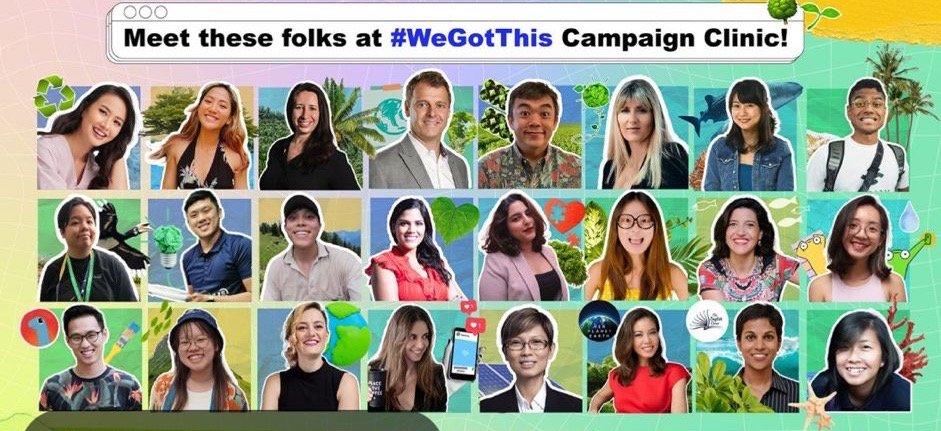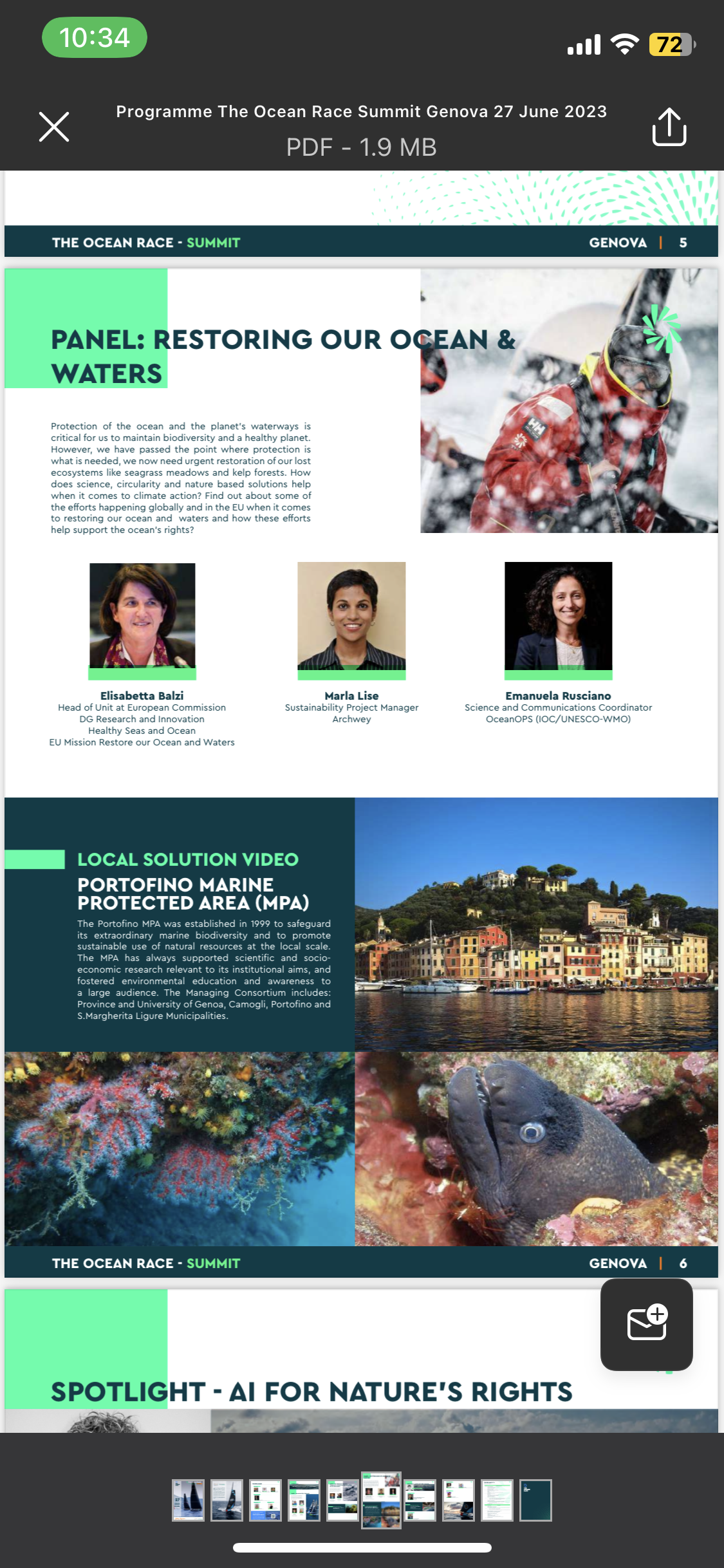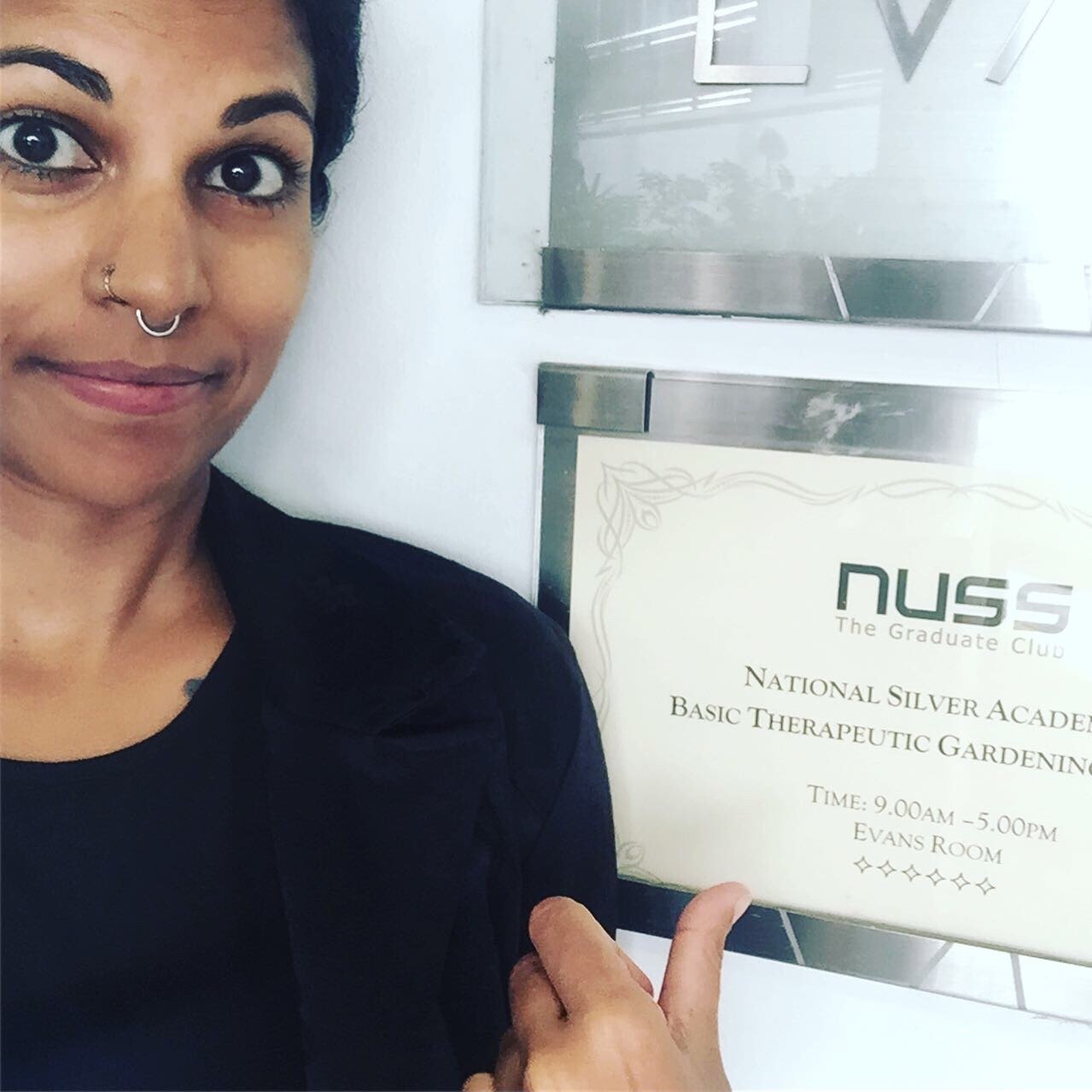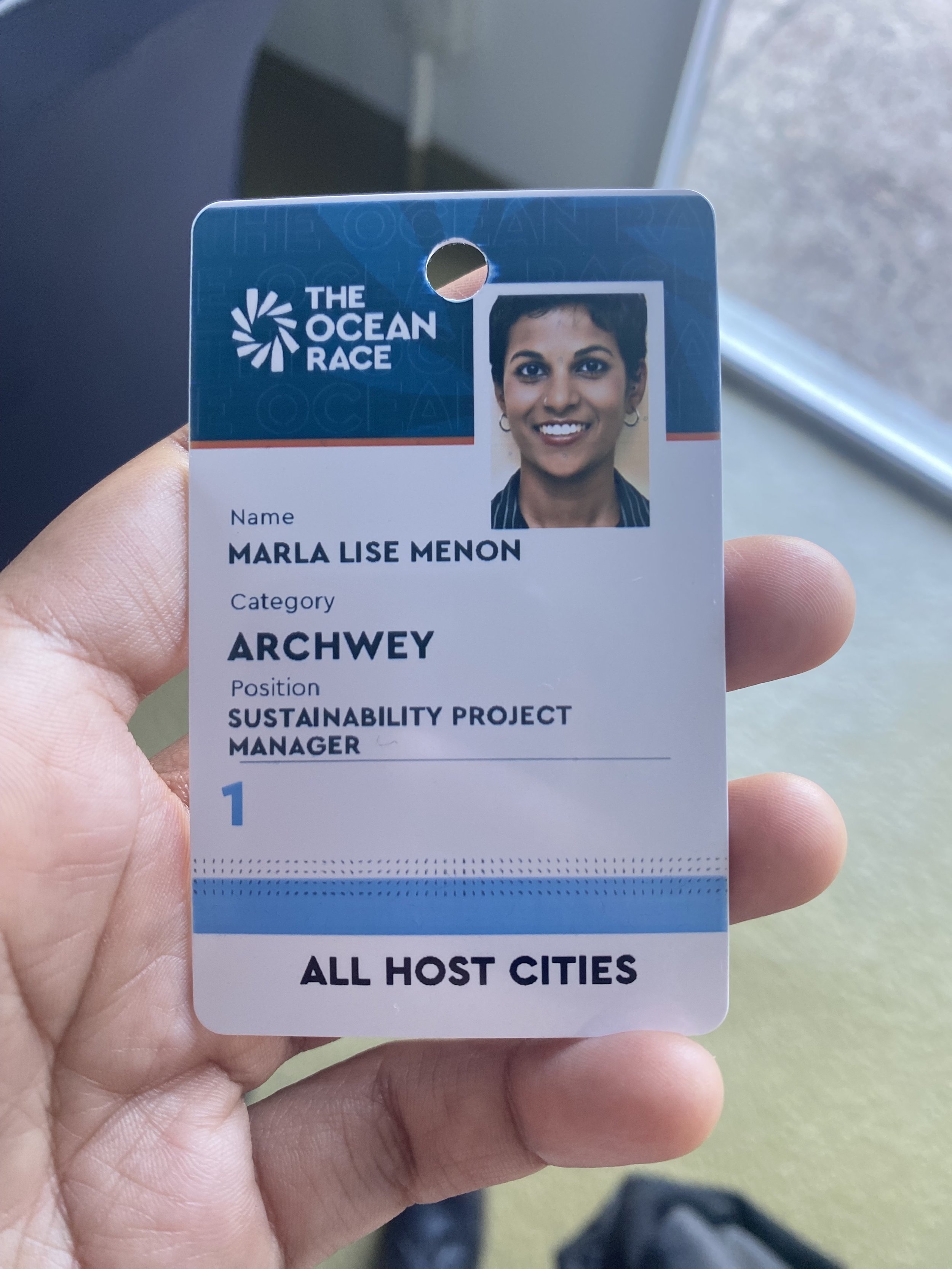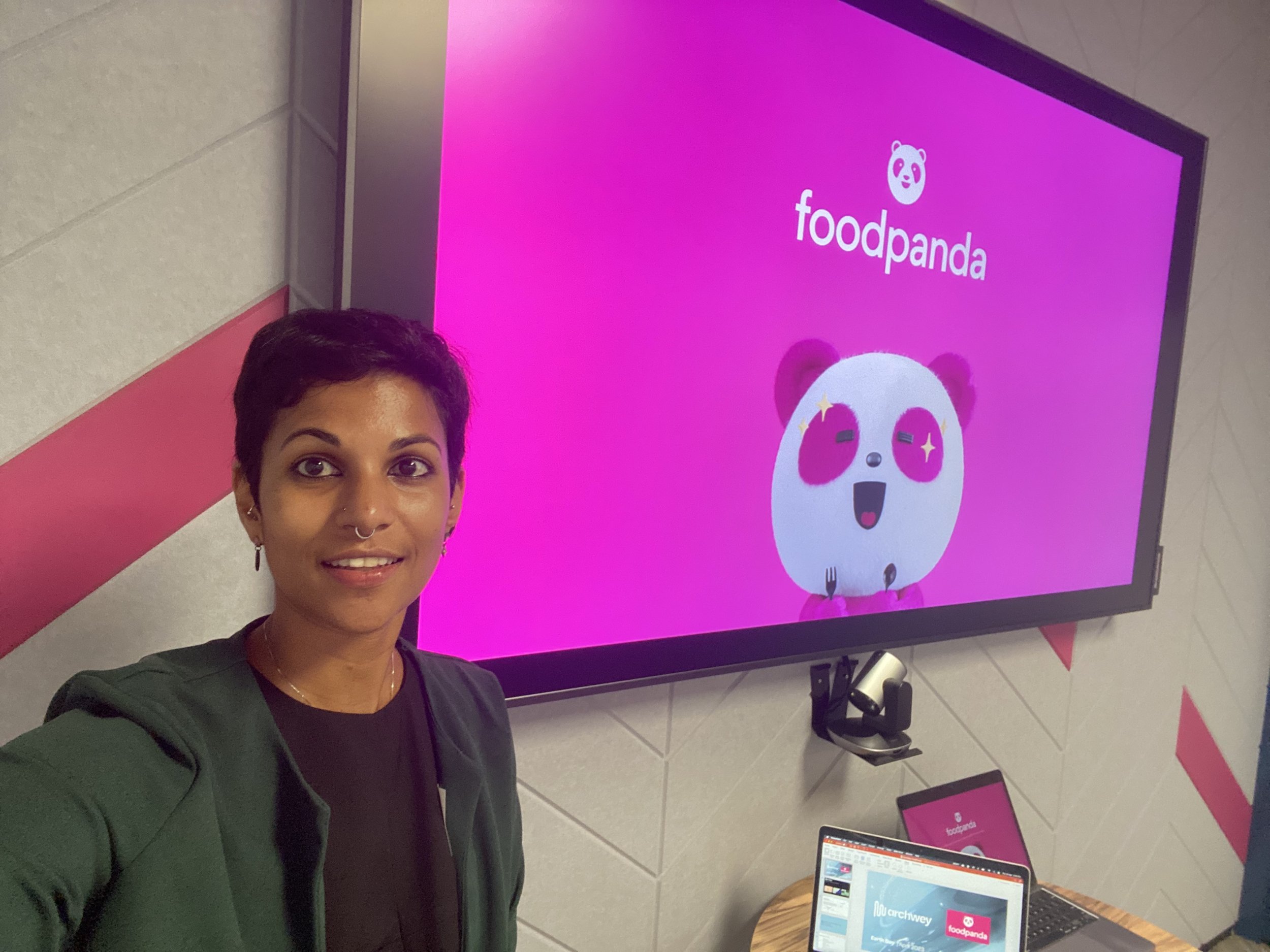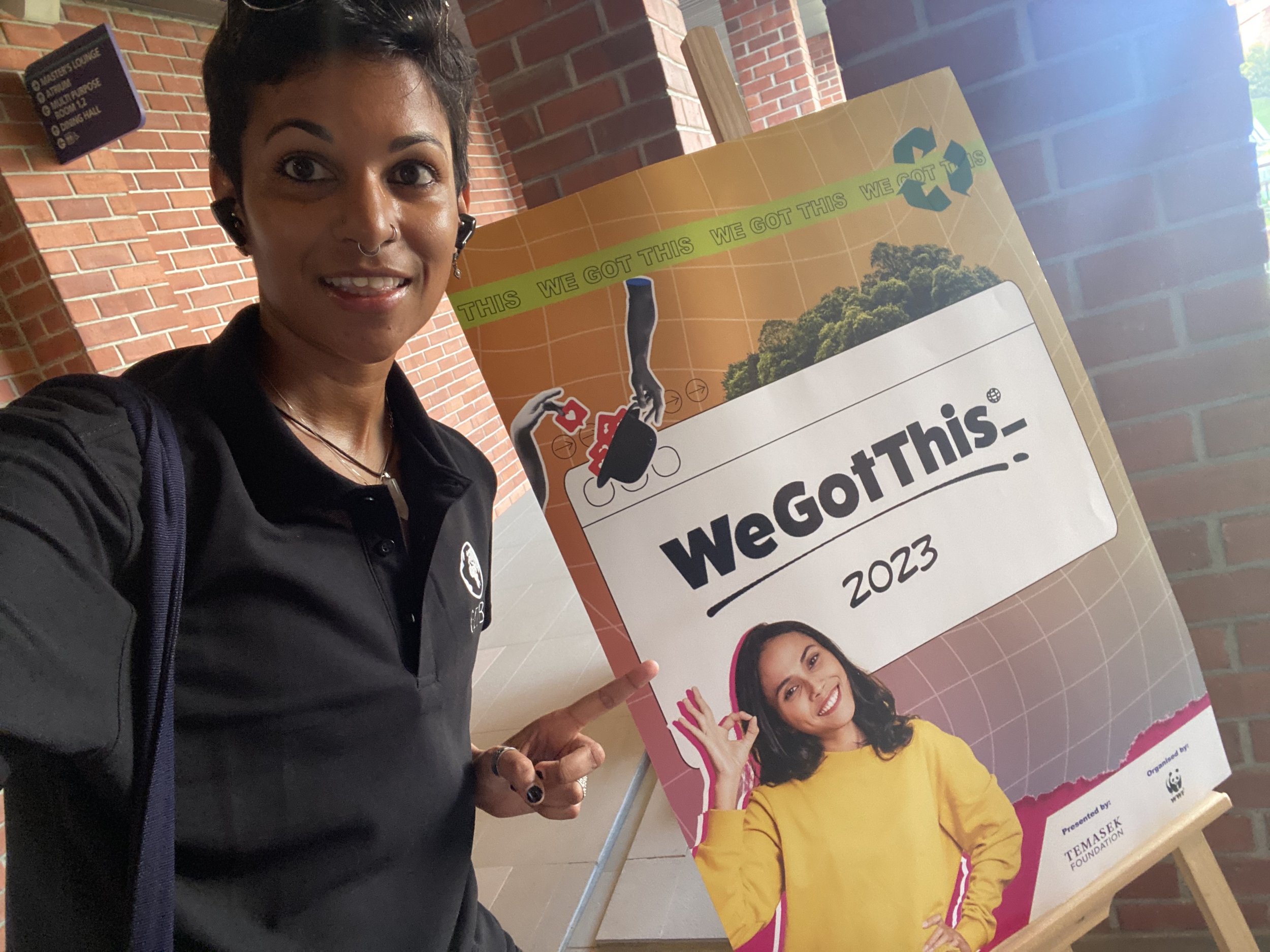Value schmalue
Value is completely subjective. Supply and demand drives market value. Economic value is based on the benefit accrued. Economic value and market value don’t have to be the same. Values can be intrinsic or extrinsic. The discrepancy continues. The value of objects changes depending on who you are and where you live. The value of objects also change based on time.
A gold bar when you’re starving in the desert without any water, isn’t really going to get you anywhere. A piece of coal to make a fire would buy a higher price over a diamond when you’re freezing. However, the minute you’re out of that predicament, the high values of gold and diamonds come flooding back.
How can something so temperamental be the deciding factor on whether or not we protect our planet? Value is a social construct and different societies do not have the same values. This disparity could determine whether or not we have to face a climate apocalypse.
If value is based on financial ability, education level, and geographical location (among others), how do we, together as earthlings, decide the value to place on our planet home?
And if we don’t all value the planet in the same way, how will define how much effort goes into saving it or whether we save it at all?
Homo sapiens was born into a world overflowing with value. We were surrounded by an abundance of food, clothing, and shelter. All of nature was extremely valuable. Since then, nature has lost its worth to us. We’ve swapped wild-grown organic vegetables with chemically formed, synthetic supplements. We’ve gotten rid of natural pollinators with pesticides, replacing bees and butterflies with bubbles and robots. We have traded natural communication through body language, empathy, and talking face to face for 500 texts a day, narcissism through social media, and perpetual competition. Nowadays, value is only placed on something or someone if they have use to us. Ulterior motive, the cunning, slithering shadow that rears its head with every seemingly innocent handshake. “Sssssoo nice to meet you….” It grabs you in its coils if you’re worthy and spits you out otherwise. What if nature doesn’t make the cut?
All the natural value that the world gave us, we put aside and in its place, our own warped version of value.
In many individual minds and societies, nature has no place. It is spat out along with many human rights, SDGs, and marginalised people. Many fail to see however, that many of our man-made seemingly more valuable creations are based on or provided by nature. Let’s take ecosystem services, which are the ‘direct and indirect contributions of ecosystems to human well-being’, falling under four wide categories: provisioning, regulating, cultural and supporting services. It is thanks to photosynthesis that we have oxygen to breathe, to the greenhouse effect that we do not become walking popsicles, to gravity and the moon for the ocean tides. Natural phenomena that have been going on since the start of life on earth continues without our acknowledgement or appreciation. The humble gears working quietly in the background of our lives - spinning the earth so we have day and night, providing pathways and currents for marine life, warming the soil for cultivation and agriculture - all these ecosystem services and many others that we place no value on. Us, the ungrateful inhabitants greedy only for more, rather than accepting, being mindful, and placing value where it is due.
We very readily let species disappear. Animals have value if they are on our plates, in our cages, or stuffed and in our houses. We lost two thirds of the world’s wildlife species in just 50 years. In Singapore, we lost 37% of our species and 99% of our forests since 1819. These statistics don’t seem to phase many people. What’s the difference between having one species of tiger or seven of them? What’s their value? What’s the value of a tiger that’s in the forest, roaming where no one can see it? If, however, I kill that tiger and put its pelt up for sale, sell its claws and teeth for medicine – then, there is value. The Living Planet Index recorded by WWF in 2018, shows that “nature underpins all economic activity, presently worth an estimated US$125 trillion”. Take the Great Barrier Reef for example. It contributes US$5.7 billion to the Australian economy every year and creates almost 70,000 jobs. That’s the monetary value we place on the Great Barrier Reef.
This reef is the largest marine animal structure, a 207,000km2 mass of billions of corals. Now, imagine if that disappeared. Raine Island to the reef’s north, is the world’s largest turtle hatchery where up to 64,000 turtles come to roost every year. Studies are on-going to track the turtle’s behaviours, but without the reef, their ecosystem will fall apart. Apart from ushering the turtles to their nesting grounds, the barrier reef provides protection against storms and a home for millions of marine species. The scariest idea is that we do not actually know what widespread ocean ecosystem collapse will lead to if huge coral reefs like the Great Barrier Reef fail. Unfortunately, it looks like we’re soon to find out. Estimates state that by 2030 60% of coral reefs will be critically threatened. Yearly, coral reefs around the world experience conditions that could potentially kill them. What kinds of risks are we willing to take by not valuing reefs enough to fight for their survival?
We’ve only recently found out that coral reefs cover 348,000km2 of the ocean floor. There is so much yet unknown. And that’s just one ecosystem under threat because it is not sufficiently valued. We have a bunch more: Fresh water ecosystems, grassland ecosystems, forest ecosystems, desert ecosystems, and cropland ecosystems. How much are they worth? How much are we willing to lose before we realise that not valuing them could be catastrophic?
How do we get the entire planet to put an appropriate value on the very things that allow for our existence?
How much do we have to lose before we finally realise, nature is invaluable?



